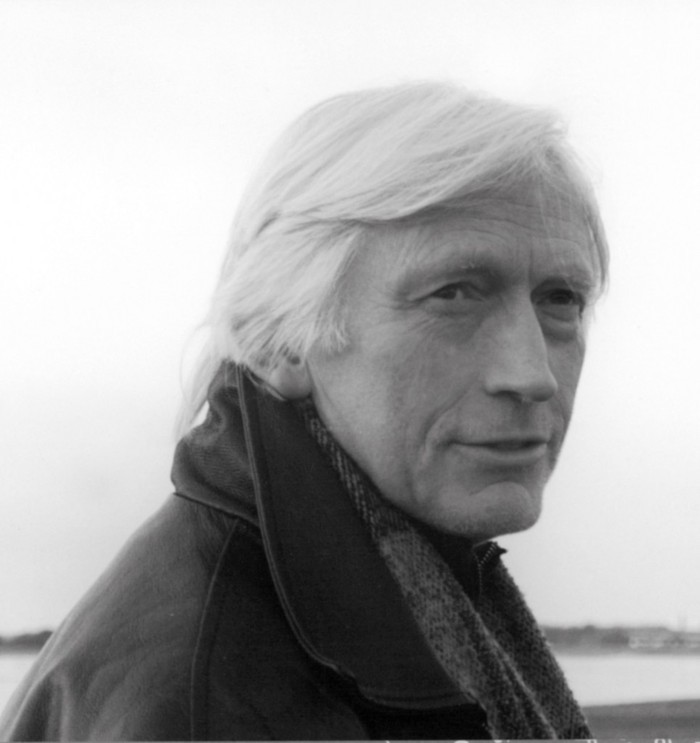
'Overy has written many fine books, but Blood and Ruins is his masterpiece. It puts all previous single-volume works of the conflict in the shade' Saul David, The Times A bold new approach to the Second World War from one of Britain's foremost military historians Richard Overy sets out in Blood and Ruins to recast the way in which we view the Second World War and its origins and aftermath. He argues that this was the 'great imperial war', a violent end to almost a century of global imperial expansion which reached its peak in the ambitions of Italy, Germany and Japan in the 1930s and early 1940s, before descending into the largest and costliest war in human history and the end, after 1945, of all territorial empires. How war on a huge scale was fought, supplied, paid for, supported by mass mobilization and morally justified forms the heart of this new account. Above all, Overy explains the bitter cost for those involved in fighting, and the exceptional level of crime and atrocity that marked these imperial projects, the war and its aftermath. This war was as deadly for civilians as it was for the military, a war to the death over the future of the global order. Blood and Ruins is a masterpiece from of one of the most renowned historians of the Second World War, which will compel us to view the war in novel and unfamiliar ways. Thought-provoking, original and challenging, Blood and Ruins sets out to understand the war anew.
Author

Richard James Overy is a British historian who has published extensively on the history of World War II and the Third Reich. Educated at Caius College, Cambridge and awarded a research fellowship at Churchill College, Professor Overy taught history at Cambridge from 1972 to 1979, as a fellow of Queens' College and from 1976 as a university assistant lecturer. In 1980 he moved to King's College London, where he became professor of modern history in 1994. He was appointed to a professorship at the University of Exeter in 2004. His work on World War II has been praised as "highly effective in the ruthless dispelling of myths" (A. J. P. Taylor), "original and important" (New York Review of Books) and "at the cutting edge" (Times Literary Supplement.)[